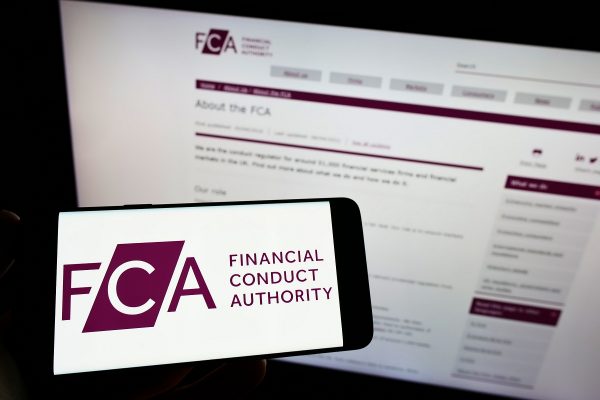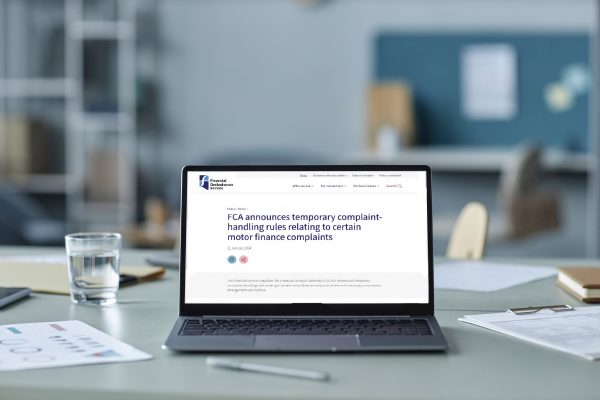The number of complaints referred to the Financial Ombudsman Service (FOS) and the The Motor Ombudsman (TMO) have significantly increased. The FOS and the TMO are separate organisations. Each deals with customer complaints arising from problems a customer may have had when they owned a particular vehicle. The term “ombudsman” may be misleading as it provides or gives the impression that an arbitrator will be impartial. Sadly, that is not always the case and the outcomes reached can seem unfair or biased.
The remedies open for complaints vary between FOS and the TMO. Often, the complainer will want a degree of financial compensation, or other remedies such as the vehicle being repaired.
A complaint is sometimes seen as an easier alternative to going through a court process. However, decisions have been made, which seem perverse and where no reasonable person could conclude or make a sane judgement.
It’s important to note that an ombudsman’s decision will be paper-based and there will not be a formal hearing. The ombudsman’s role is to act as a conciliator, but as we’ve seen, the conciliatory approach often breaks down and always seems to be on the side of the finance company or consumer.
Ombudsman’s decisions are final with no appeal rights, which can often lead to dealers being increasingly frustrated, and that they have come to the end of the road.
However, a decision from an ombudsman can be challenged by judicial review. This process is a type of court proceeding in which a judge reviews the lawfulness of the decision or action made by a public body. The challenge is by way of how the decision has been reached rather than the rights and wrongs of the conclusion that has been made.
A question that often arises in complaints, particularly where a finance provider is involved, is about what information has been provided regarding the complaint. It is common for a finance provider to have an indemnity clause whereby the trader is contractually liable regardless of the outcome. This does not provide the trader with much confidence or protection.
So in such cases, it is important to question and review the information that has been provided by the finance company to the ombudsman, and for the finance company to keep the dealer/trader aware of the arguments being put forward.
In cases where the ombudsman’s decision has not been in your favour, you can seek legal advice to ascertain if the decision can be challenged through a judicial review. Although the ombudsman’s decision is deemed final, there may be a U-turn available. The courts can examine decisions made by public bodies and administer the law accordingly. Judicial review is primarily the administrative process that investigates the illegality, irrationality, and procedural impropriety of a decision.
In cases involving the FOS, consideration would be given to a decision being irrational and whether it is reasonable. Whilst there will be cases where the decision will be binding and final, we have seen decisions that are irrational and perverse, and as such, you should consider asking the finance company to take judicial review steps or seek legal advice on that specific issue.

We offer an all-encompassing web, digital & design service specially tailored to the Motor Industry.








